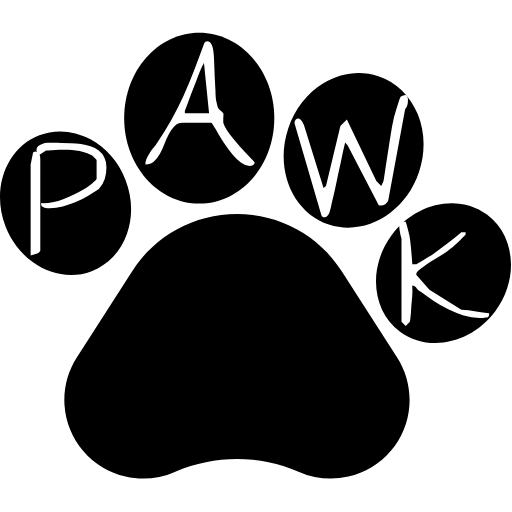Puppy Cognition: Traits Predict Adult Dog Behavior

Puppy cognitive tests reveal traits like impulsivity and gesture recognition link to adult dog behavior. Understanding these connections can help owners better train and care for their pets.
Science News was established in 1921 as an independent, nonprofit source of accurate details on the most recent information of science, medication and technology. Today, our objective stays the exact same: to empower individuals to examine the news and the globe around them. It is released by the Society for Scientific research, a nonprofit 501(c)( 3) subscription organization committed to public engagement in clinical research and education (EIN 53-0196483).
For instance, Tiira suggests that canines that tend to be more averse to complete strangers might have lower positive self-image. “What I would certainly do with these kinds of pups, is that I would certainly provide a great deal of experiences and sensations of success in all training,” she states, including that motivating their very own efforts– as long as they are mannerly– and creating favorable experiences in new situations could aid also.
Pet dog cognition scientist Saara Junttila of the College of Helsinki and coworkers formerly identified links in between such qualities and behaviors in grown-up canines and asked yourself whether the traits showed up in puppyhood. The group hired participants with smartDOG, Ltd., a business started by research study coauthor Katriina Tiira, who is also a dog cognition researcher at the University of Helsinki. SmartDOG conducts canine cognition tests for individuals interested about the behaviors of their pets, reveal canines or functioning animals.
We go to a vital time and supporting scientific research journalism
is more crucial than ever. Scientific research News and our
parent organization, the Society for Science, require your assistance to strengthen
scientific proficiency and guarantee that vital social choices are made
with scientific research in mind.
Early Puppy Traits Predict Adult Dog Behavior
Characteristics such as impulsivity, capacity to comply with gestures and reaction to unresolvable tasks in 3- to 7-month-old young puppies were related to desirable habits in those pet dogs in their adult years, researchers report in the Might Applied Pet Practices Science. The findings from these cognitive examinations can assist pet owners figure out the very best method to educate their pet dogs and what type of activities the pets may enjoy as they age, the team says.
Cognitive Tests for Puppies
More than 1,400 dogs in between the ages of 3 months and 7 months were guided to do points like adhere to gestures directing at a bowl with treats, effort unresolvable jobs or gain access to treats put in a clear cyndrical tube with an opening in the back, which determined things like impulsivity and capacity to recognize commands. Ninety-nine of those pets duplicated the examinations as grownups, between ages 1 and 8. Several traits stayed secure from puppyhood to their adult years, the team located, specifically in pups that were tested at 6 months or 7 months old.
Pet dog cognition researcher Saara Junttila of the University of Helsinki and associates formerly recognized links between such qualities and behaviors in adult dogs and wondered whether the attributes appeared in puppyhood. SmartDOG conducts canine cognition tests for people curious about the behaviors of their family pets, show canines or working pets.
What’s even more, scientists stated that a high percentage of the pets came from dog breeders. She would also be interested to understand whether rescue pet dogs have comparable outcomes.
Human-Canine Bond: Adapting to Dog Needs
Still, the searchings for highlight the value of the human-canine partnership and exactly how proprietors can much better adapt to their pet dog’s demands. “It can aid us figure out what’s going to be best for the canines that are in our lives,” claims Salomons, of Battle each other College’s Pooch Cognition. “We can assist pets live their best lives.”
They located that the better young puppies were at recognizing easy aiming motions, the most likely they were to be trainable and obedient as they developed. Young puppies that had high levels of impulse control had a tendency to be tranquil adults. And young puppies that reacted fearfully when testers first welcomed them, or that apparently sought to testers for assist with tasks, tended to be extra averse to human complete strangers as grownups.
More than 1,400 dogs between the ages of 3 months and 7 months were routed to do points like adhere to motions directing at a dish with treats, attempt unsolvable tasks or gain access to deals with positioned in a clear cylinder with an opening in the back, which determined things like impulsivity and capability to recognize commands. “It can assist us figure out what’s going to be best for the pets that are in our lives,” states Salomons, of Fight it out University’s Canine Cognition. “We can aid canines live their finest lives.”
1 adult dog traits2 canine science
3 dog cognition
4 dog training
5 puppy behavior
« HomerunPET CS106: Self-Cleaning Litter Box ReviewCats & Heart Health: How Felines Boost Cardiovascular Wellness »
